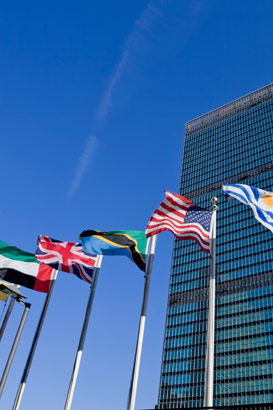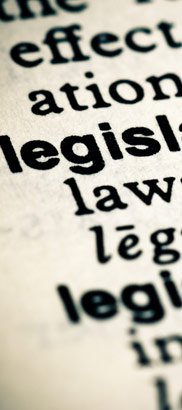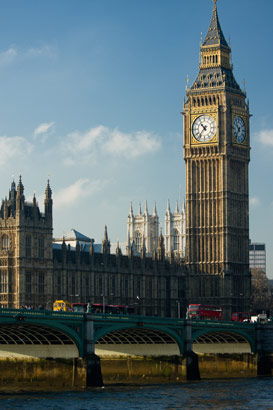
English law does not exist within a vacuum. Wider international laws influence
the UK legislative context.
The main sources of international law are:
- The United Nations;
- The Council of Europe; and
- The European Community.
For example, the European Convention on Human Rights 1950 (ECHR 1950) is now enshrined in UK law through the
Human Rights Act 1998.

When international law is not explicitly contained within UK statutes,
any areas of dispute must be considered in terms of what most closely interprets
international treaties:

The interpretation of the impact of these treaties upon legal judgements
and the responsibilities of individuals and agencies is another key area
of case law.
European and International Courts also provide a higher level of appeal
for individuals who wish to challenge decisions made by UK courts of appeal.
UK law broadly reflects the contents and intentions of these international
rulings, though the UK government has determined that UK law may not fully
enact some specific issues.
It is important to remember that not all parts of the United Kingdom have
the same legislative framework.

issued by the Department of Chamber and Committee Services (June 2010)